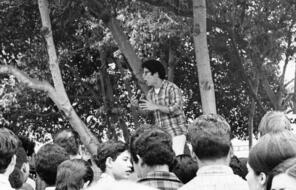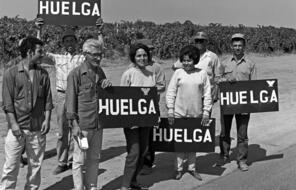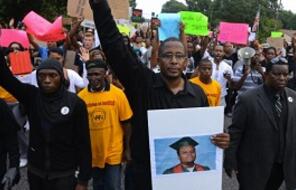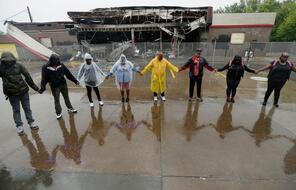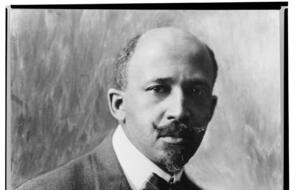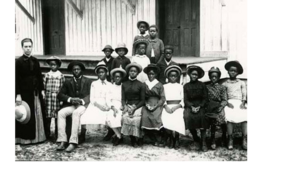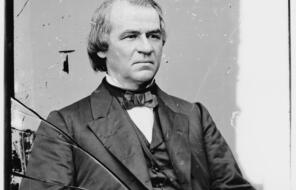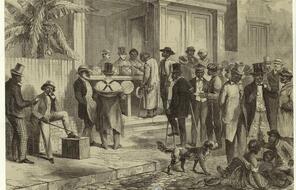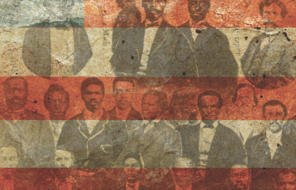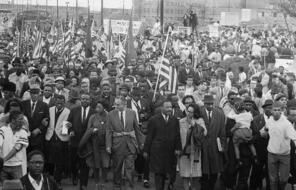Collaborators and Bystanders
Historian Eric Foner writes that the Ku Klux Klan drew support from many more people than those who directly committed violent or threatening acts against freedpeople and white Republicans. He explains:
Of course most white southerners did not commit criminal acts, and some spoke out against the Klan. But the large majority of southern whites remained silent. Indeed, the Democratic Party’s constant vilification of carpetbaggers and scalawags as corrupt incompetents, their insistence that blacks were unfit for equal citizenship, and their public laments about the intractability of black labor created an atmosphere that made violence seem a legitimate response in the eyes of many white southerners. Community support for the Klan extended to lawyers who represented the criminals in court, editors who established funds for their defense, and the innumerable women who sewed costumes and disguises for them. While most white southerners were law-abiding citizens, they seemed willing to forgive the Klan’s excesses because they shared the organization’s ultimate goal—the overthrow of Reconstruction and the restoration of white supremacy. 1
- 1 Eric Foner, Forever Free: The Story of Emancipation and Reconstruction (Vintage Books, 2006), 174.
Get the Reading
How to Cite This Reading
Facing History & Ourselves, "Collaborators and Bystanders," last updated March 14, 2016.
This reading contains text not authored by Facing History & Ourselves. See footnotes for source information.


